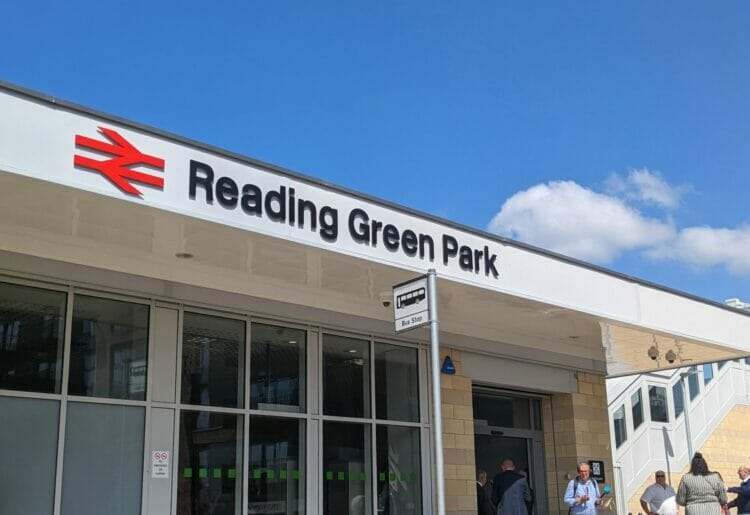READING Borough Council has lodged a formal objection against the proposed closure of ticket offices by the rail industry.
Following recent proposals by key stakeholders in the rail industry, including the Rail Delivery Group, the council has submitted a letter voicing its concerns and objections to the removal of physical ticket offices at train stations
Lead councillor for Climate Strategy and Transport, Cllr John Ennis, submitted the letter, which details a number of objections to the proposals themselves, as well as criticisms of the “limited” consultation they underwent.
The proposals were originally to undergo only three weeks of consultation, though this was extended to September earlier this week.
The letter sets out seven main objections to the proposals, arguing that customer safety, ease of use, and the level of service accessible by certain passengers will all suffer as a result of fewer ticket offices.
With Reading Station being one of the busiest outside of London, the letter argues that passengers need not only to be able to see staff, but to be able to find them when needed, which ticket offices largely assure.
Similarly, passengers with time constraints may find it difficult without a formal queuing system when dealing with roaming station staff compared to a dedicated ticket access point.
It argues that passengers with visual or movement impairments rely on ticket offices where online services or ticket machines are unusable, which, it posits, could also contradict the rail industry’s obligation to equal access.
Similarly, it argues that many passengers prefer, or even rely on, a single point of access where queries, advice, and travel information can be addressed or found, as well as the option to pay by cash, which can be vital for tourists.
It also suggests that reduced offices will see additional responsibilities on remaining staff, making ticket enquiries even harder to accommodate.
Cllr Ennis said following the submission of the letter: “We believe the removal of ticket offices will be a retrograde step.”
He explained the proposals would make accessing the railways “less inviting and accessible” by putting up barriers for vulnerable people and people with disabilities, “as well as not encouraging new passengers or providing a welcoming gateway for tourists.”
“For regular rail travellers,” he continued, “a ticket office provides a reassuring presence and a ‘face’ to the railway as well as providing advice and the ability to answer questions, particularly during periods of disruption.
“For new passengers and tourists, they provide an important gateway to stations with the ability to talk to a trained member of staff to answer any questions, get the best ticket options in terms of price and advice, and provide reassurance.
“For vulnerable people or those with a disability, ticket offices can be a crucial focal point to gain access to the railway where individual and specific needs can be discussed.”
The public can submit their views to the consultation via: transportfocus.org.uk/train-station-ticket-office-consultation/
























